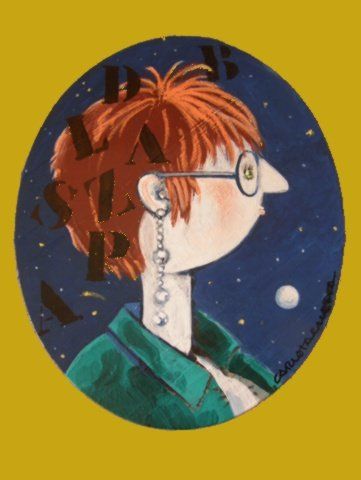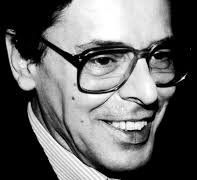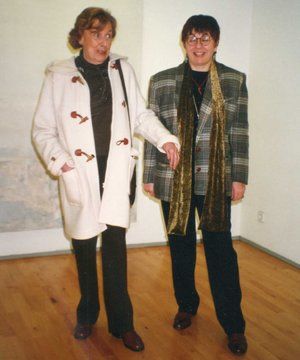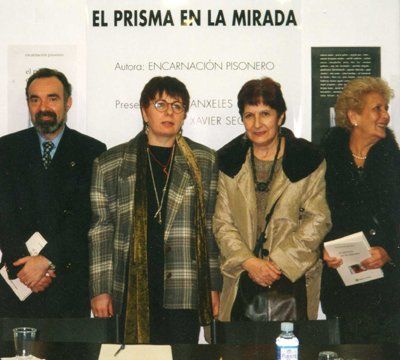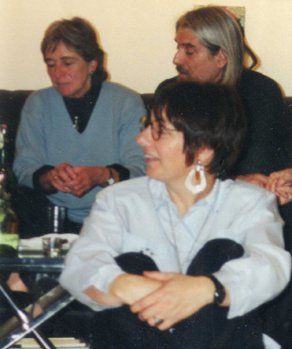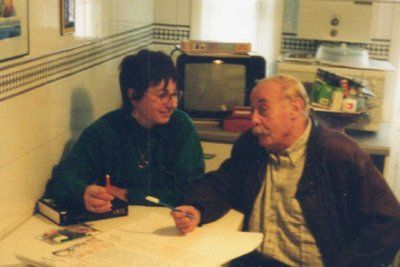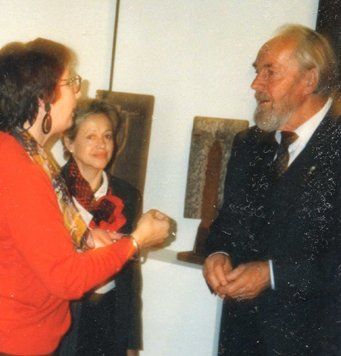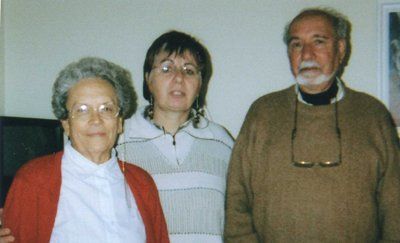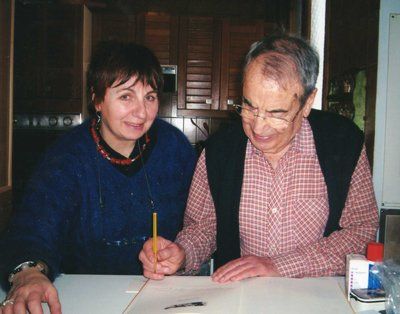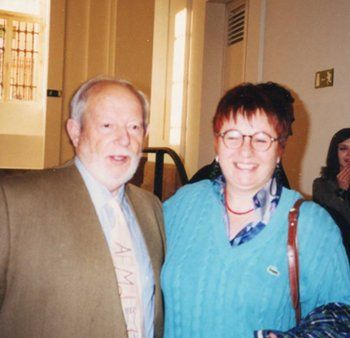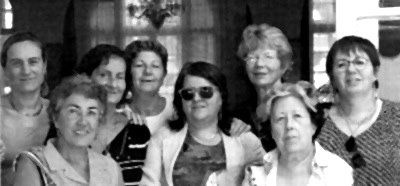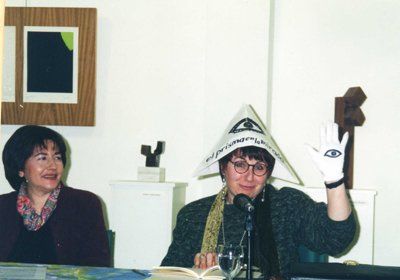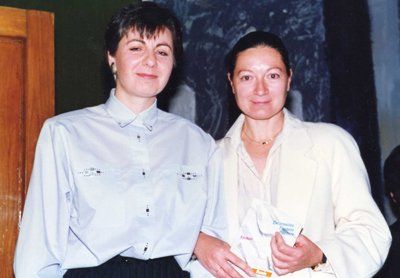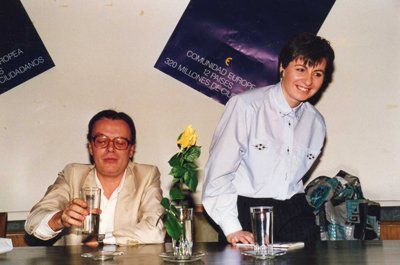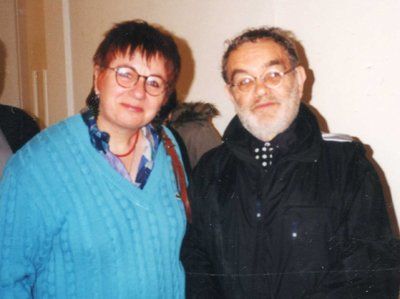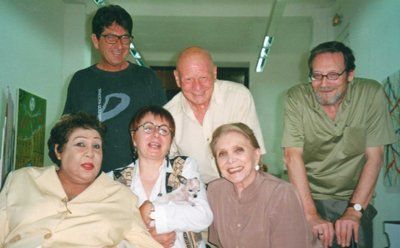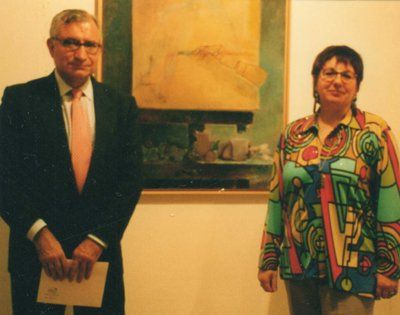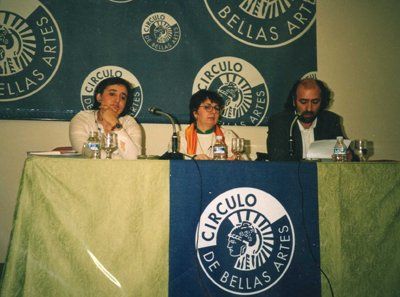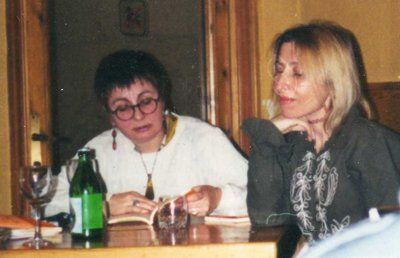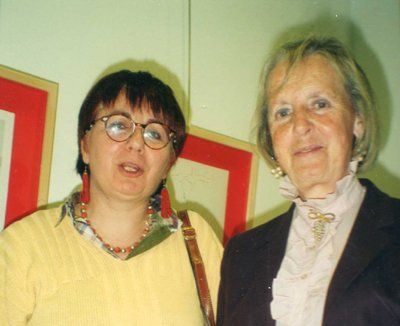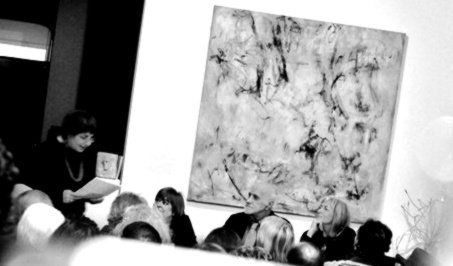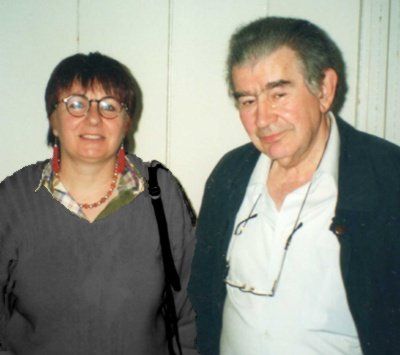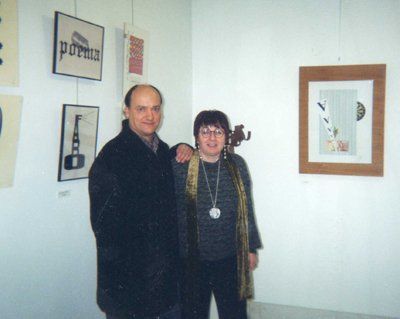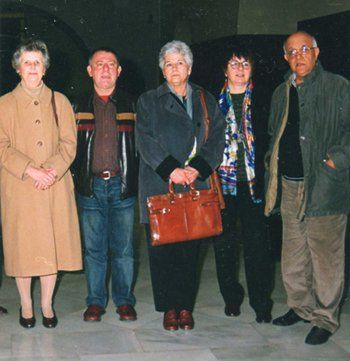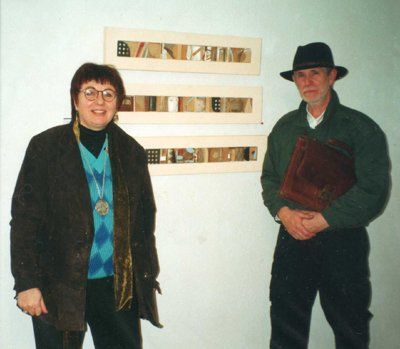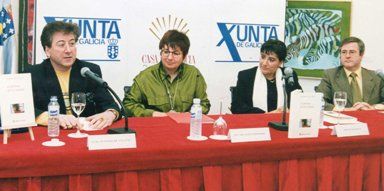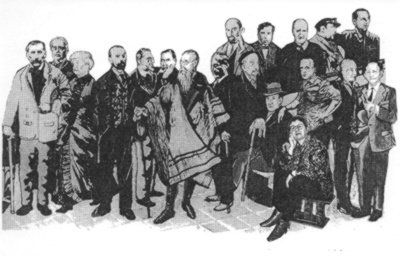ENCARNACIÓN PISONERO PISONERO, born in Villalba de la Loma (Valladolid). He attends a school in Mayorga de Campos, where he prepares the Elementary Baccalaureate. Most of his time he goes up to the fig trees and mulberry trees with the book of turn and his favorite fruits by hand. Of those four years it is examined, by free, in the Zorrilla Institute of Valladolid. The Higher Baccalaureate studies him, internally, in the school of Las Teresianas in Valladolid, where his passion for reading and his penchant for controversy and heterodoxy make him a creditor of Luther's nickname. He moved to Madrid and prepared the Pre-university at the Lope de Vega Institute. Later he goes to the Complutense University, to study Philosophy and Letters, sharing these studies with courses at the German Institute of Madrid, with the intention of reading the great philosophers in his language, which he does not get and decides to read them in good translations. He graduated in the specialty of Pure Philosophy, and keep reading. It organizes the first days in defense of the humanities that take place in the Paraninfo of the Complutense University, which are very controversial and multitudinous. Keep reading.
Encarnación Pisonero
Chimera breeds hands to catch shadows
Biography
Experienced Professionals
The staff at Tutoring are all trained professionals who excel in their field. Many of our educators also have supplement training in alternative learning strategies.
Unique Approach
The Tutoring teaching method is based on an innovative and result-oriented technique that helps students overcome barriers to bring concrete results.
Private or Small Groups
Some people learn best on their own; others prefer learning in groups. At Tutoring, you can choose the environment that works best for you.
Short & Focused Lessons
Every lesson is 45 minutes long, for optimal effectiveness. You can have one or two sessions per week, depending upon your need and availability.
Poetics
Doing a poetic is trying to explain what poetry is, and Novalis told us "Who does not know or feel what poetry is, you can not give any notion of it." Poetry is poetry. All the attempts of definition that the different poets have made are only approximations, approaches, frictions more or less close or accurate. But the mystery itself is inexplicable. By trying, I will say that I believe that poetry is sacred because of the material that constitutes it, the word. The word is genesiaca, it is creation, in the beginning it was the Word. It is sacred because it is knowledge, it must be knowledge. Man is a symbolic animal and can not escape myth as he can not escape metaphysics. The myth has a divine character and with it the truths that can not be understood with reason are expressed. The supra-temporal, the permanent and the future are expressed. The myth is so important that some authors identify mythical thought with poetic thought. So Schelling identifies it with revelation because he understands that it is the way in which the Absolute manifests. Octavio Paz calls it inspiration, which is nothing more than "a manifestation of the constitutive otherness of being." That said, it will be understood why the myth is so important to me and is present in my work from the first book. I am interested as an escape from reality, as a dream of other possible worlds and as a utopia, because I am convinced that "chimera engenders hands to catch the shadows". And my themes are nature, light, love, death, plastic or beauty in all its forms, although everything is poetizable matter. The true poet should be the guardian of the word, and avoid as much as possible the perversion of language. It must cross to "the other shore", to go in search of the otherness that Machado said, which is the reverse of oneself and which he calls "the essential heterogeneity of being" and Heidegger temporality. The poetry with capital letters is what gets the experience of the original renewed, and the miracle is completed if that communion with the reader is achieved, which would be partly to recover the lost collective memory or the original language. A way of not getting lost.
Our Expertise
We excel at preparing students for a wide range of post-secondary school exams, according
to the requirements of diverse college and university programs.
to the requirements of diverse college and university programs.
Opinions

Manuel Alvar referring to the feet of the sycamore: "I think there is much wisdom in all these allusions (symbolic) so that the way in which the tragedy is found is established in an area where there is no room but the condition of death. The book is in a tragic circle that, because of the presence of plants that evoke pain and annihilation, place these verses -as beautiful- within a framework of sadness and abandonment. The book has an absolute value: the link and the precious thread that all these poems have been setting. But each text in its independence is beautiful and, many times, a continuous achievement. "
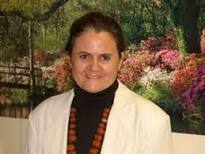
Carmen Díaz Margarit: "At the feet of the sycamore she definitively consecrates her author, and after this initiatory journey, she has become a true poet."

Gloria Fuertes: "Encarnación Pisonero writes poetry, I read it, shiver and think, is it more good than mine?"
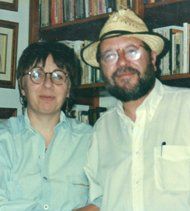
Antonio Enrique
sobre A los pies del sicomoro: Nos interesa porque estamos ante una voz segura, una de las voces más ajenas a lo efímero, más lejanas a la intrascendencia, de su generación. Desde luego, como en todos sus libros, las claves son necesarias de ser dilucidadas en razón a los muchos símbolos con que trenza sus poemas, pero, aun sin estas referencias puntuales, el libro no pierde más valor que el de la sincronicidad con la autora, porque tales símbolos son -me parece- de naturaleza subconsciente y quedan perfectamente sugeridos en su contexto semiológico”.
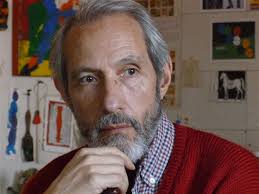
José Mª Parreño: "with Adamas he starts a path of purification and reflection that he will not abandon. The sober, meditative or oracular tone, which occasionally appeared in the previous books, will henceforth be the core of his texts. With At the feet of the sycamore becomes the visionary who accesses the beyond, proposing unimaginable emotions such as the nostalgia of the earth that all those condemned to hell feel. This book is pregnant with cosmogonic images, judgments of a wisdom that, because they are products of introspection, have an immemorial aroma. "

Antonio Fernández Molina: "I have always said that poetry lives by the grace of a permanent miracle. It is presented as in constant danger of extinction but, as long as there is human intelligence and sensitivity, the danger is only apparent. Miracle and work converge in the poetic work of Encarnación Pisonero. If something characterizes his poetry is the depth and immersion in the world itself, in the feelings, and in the diversity of the environment and the cosmos. Handles myths with ease and agility that makes them surprisingly close and current. "
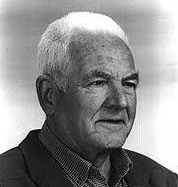
Salustiano Masó: referring to the prism in the eyes: "they are poems of surprising lexicon, images and unusual referents, always" in search of the enigma of the great mysteries ", with an esoteric tradition that is transparent here and there, and that thread dream conductor in which almost always is the key of the transmutations: that is to say, the conversion of the spatial -colors, forms- in temporality, in music, by work and grace and mediation of the word ".

Fernando Arrabal on The prism in the look: "His poetry is like a Martian seaweed strangled by the navel of the sea, to be exact".
Amalia Iglesias on The prism in the gaze: "poetry to read with open eyes as prisms, as fractals, as holograms, as kaleidoscopes that widen reality to make it more ours".
Luís F. García Martínez on his poetry: "The search for true human nature constitutes the ideological core of Pisonero's poetry, inevitably resulting in a flight from the everyday rationalist reality that surrounds it. initiatory self-search of being "
José Ángel Valente on At the feet of the sycamore: "I vow to continue on this difficult path of poetry where it has entered, with a deep imprint, with this hermetic and beautiful poems."
GALLERY


